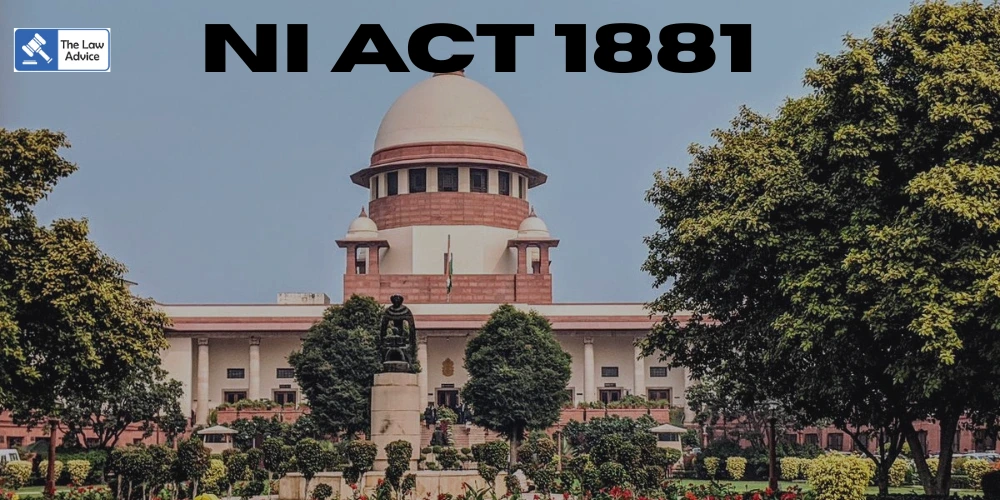The Supreme Court of India has expressed doubt over the correctness of a 2015 ruling of the Kerala High Court which held that proceedings under Section 138 of the Negotiable Instruments Act, 1881 could be maintained even where a cheque had been issued to repay money obtained for an illegal purpose.
A Division Bench of Justice Aravind Kumar and Justice Joymalya Bagchi made a prima facie observation that dishonour of cheque under Section 138 NI Act cannot be invoked in respect of liabilities arising from illegal or unenforceable debts. The Court said that such obligations do not qualify as “legally enforceable debts or liabilities” within the meaning of the Act.
The appeal before the Court arose out of a judgment of the Madras High Court (Madurai Bench) which had acquitted the respondent-accused in a cheque dishonour case. The High Court had held that since the cheque in question was issued to discharge an illegal debt, prosecution under Section 138 NI Act was not maintainable.
The complainant, challenging the acquittal, relied heavily on the Kerala High Court’s decision in C.V. Rajan v. Illikkal Ramesan (2015). In that case, the accused had borrowed ₹2.30 lakh on the false assurance that he would secure the complainant a clerk’s job in a school. When he failed to keep his promise, he issued a cheque towards repayment, which was later dishonoured for insufficiency of funds.
The trial court convicted the accused, and the Kerala High Court upheld the conviction, holding that even if the money had been advanced for an unlawful purpose, repayment of such amount was not forbidden by law. Once a cheque is issued for repayment, the Court said, dishonour attracts the rigour of Section 138.
Supreme Court’s Observations
The Supreme Court, however, indicated its disagreement with such reasoning. After hearing the petitioner’s counsel, the Bench was not inclined to issue notice on merits, but considered it necessary to test the correctness of the Kerala High Court’s view in C.V. Rajan.
The Bench observed:
“Prima facie, we are of the view that the principle laid down by the Kerala High Court may be inapplicable in the context of the statutory phrase ‘legally enforceable debt or other liability’ used in Section 138 of the NI Act. A liability arising from an illegal or unlawful transaction cannot be treated as a legally enforceable debt. Therefore, the view taken in C.V. Rajan may not be in consonance with the provisions of law.”
Accordingly, notice was issued to the respondent for the limited purpose of examining whether the Kerala High Court ruling in C.V. Rajan requires reconsideration. The matter has been made returnable in six weeks.
The Court’s intervention revives the long-standing debate over the scope of “legally enforceable debt or other liability” under Section 138. While the Kerala High Court treated repayment of even an illegally obtained sum as enforceable, the Supreme Court has now questioned whether obligations arising from illegal consideration can ever be elevated to “legally enforceable” status.
This observation could have wide implications, especially in cases where cheques are issued in connection with tainted transactions such as illegal contracts, unlicensed money lending, or promises linked to unlawful objects.
Case Details
• Case Title: K.K.D. Pandian v. S. Tamilselvi
• Provision Involved: Section 138, Negotiable Instruments Act, 1881
• Next Steps: Notice issued; matter returnable in six weeks
